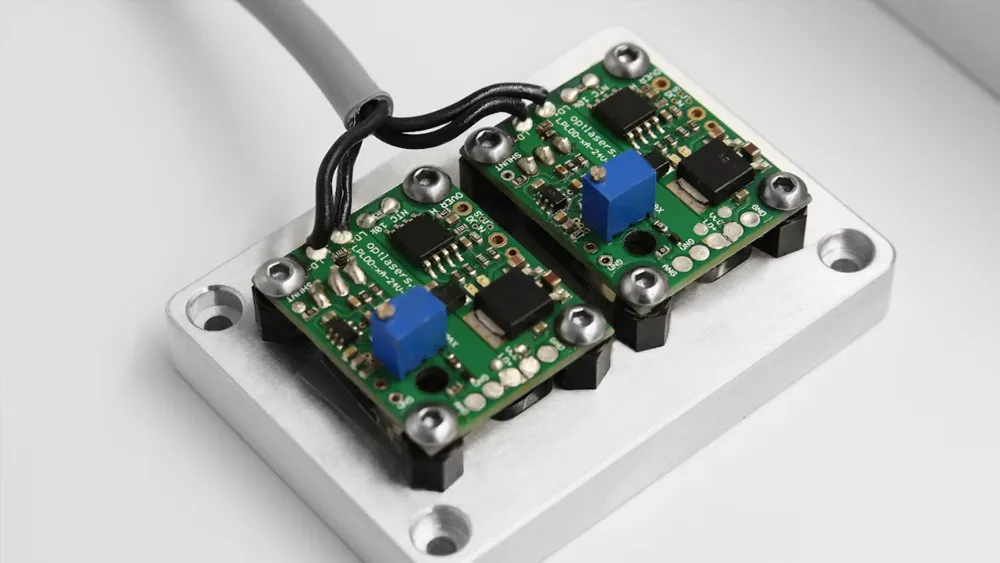
Introduction to ANSI/CAN/UL 2056 Testing for Power Banks
On October 22, 2024, the ANSI/CAN/ul 2056 "Standard for Safety Power Banks" was officially released. CompaRED to the 2020 version of the "Outline of Investigation for Safety of Lithium-ion Power Banks," the newly released standard introduces changes in the scope of application, terminology definitions, testing requirements, and methods. The specifics are as follows:
Scope of Application:
- Change in the applicable object: The standard has been expanded from applying only to lithium-ion battery-type power banks to applying to power banks of all battery types.
- Voltage range increase: The maximum rated input and output voltage has been raised from 20Vdc to 60Vdc, and the power bank's watt-hour rating must not exceed 100Wh.
- New addition: It also applies to products powered by integrated photovoltaic cells.
Testing Requirements:
- This revision makes significant changes to testing items, methods, and requirements, including revisions to existing testing items and the removal of power limits, vibration, and mechanical shock tests. New testing items have been added, as follows:
- New testing items:
- Electrical tests: 55℃ output port short-circuit test, abnormal charging test, forced discharge test, BMS verification, power input test, and photovoltaic cell flammability test.
- Enclosure tests: Steady-state uniform force test, bending force test, and mold stress relief test.
- Miscellaneous tests: Labeling performance test.
- Some revised testing items:
- Short-circuit test: New 55℃ test condition added; the 24-hour short-circuit requirement has been removed.
- For power banks with lithium-ion cells, additional requirements are specified: The initial discharge current of the internal battery shoULd be 1.2 times the maximum continuous discharge current of the battery. A single fault condition does not need to be applied to the BMS of the internal battery. Discharge will continue until the cell or battery explodes, vents, or the BMS operates, and the internal cell shell temperature REACHes steady-state conditions or returns to ambient temperature.
- Overcharge test: For power banks with lithium-ion cells, the charging voltage has been modified from 1.4 times the cell's maximum voltage to 1.1 times.
Due to the growing demand for power banks, an increasing number of low-quality power banks have emerged, leading to more incidents of fires and burns. The previous 2020 outline no longer meets the current high safety requirements for power banks, necessitating further revisions to the standard. Therefore, this newly released standard is based on the original outline and incorporates the necessary safety and quality management requirements for power banks in the U.S. and Canada.
Email:hello@jjrlab.com
Write your message here and send it to us
 Canada ISED Certification RSS-247 Standard Testing
Canada ISED Certification RSS-247 Standard Testing
 What Are the Product Compliance for Amazon Austral
What Are the Product Compliance for Amazon Austral
 Australia IoT Security Compliance
Australia IoT Security Compliance
 V16 Warning Light EU EN 18031 Cybersecurity Certif
V16 Warning Light EU EN 18031 Cybersecurity Certif
 Japan IoT Security JC-STAR Certification
Japan IoT Security JC-STAR Certification
 FCC SDoC Compliance Information Statement
FCC SDoC Compliance Information Statement
 What Does FCC SDoC Certification Mean?
What Does FCC SDoC Certification Mean?
 What is Bisphenol A (BPA) Testing?
What is Bisphenol A (BPA) Testing?
Leave us a message
24-hour online customer service at any time to respond, so that you worry!




